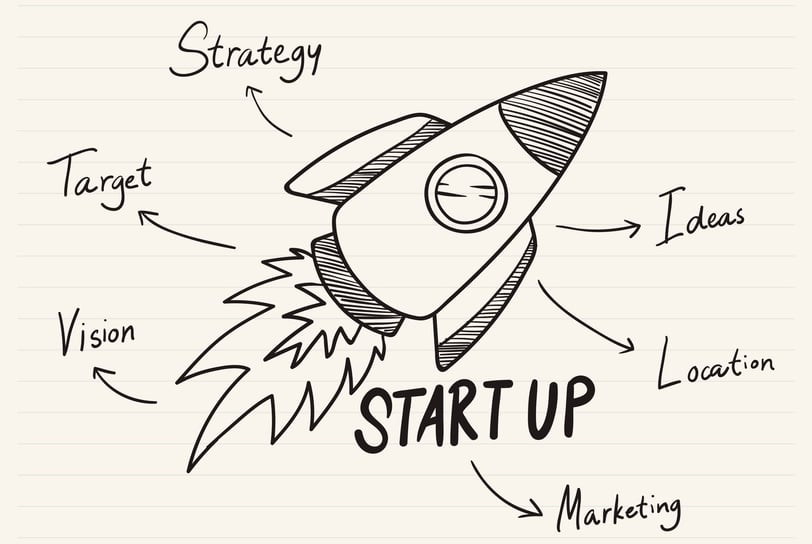Mastering Marketing Funnel Stages for Startup Success
Starting with a well-defined marketing funnel is essential for success.


In today's competitive digital landscape, understanding and mastering the marketing funnel is crucial for startup success. Here's a guide to help you navigate through each stage of the funnel and maximize your marketing efforts.
1. Awareness Stage: Capturing Attention
At the top of the funnel, your goal is to attract potential customers and make them aware of your brand. Utilize strategies such as content marketing, social media campaigns, and SEO to generate interest. Remember, the focus here is not on hard-selling but on providing valuable content that addresses your audience's pain points.
Example Tactics:
Blog Posts: Share insights and tips relevant to your industry.
Social Media: Engage with your audience through posts, stories, and videos.
SEO: Optimize your website for search engines to drive organic traffic.
2. Interest Stage: Building Engagement
Once you've captured attention, it's time to engage your audience and nurture their interest. This stage is about building a relationship and establishing trust. Email marketing, webinars, and informative articles can help keep your brand top of mind.
Example Tactics:
Email Campaigns: Send personalized and valuable content to your subscribers.
Webinars: Host sessions that provide in-depth knowledge and showcase your expertise.
Interactive Content: Use quizzes, polls, and surveys to engage your audience.
3. Consideration Stage: Showcasing Value
At this stage, potential customers are evaluating their options. Your task is to demonstrate why your product or service is the best choice. Case studies, product demonstrations, and comparison guides can effectively highlight your unique selling points.
Example Tactics:
Case Studies: Showcase success stories from satisfied clients.
Product Demos: Offer trials or live demos to give prospects a firsthand experience.
Comparison Guides: Help prospects make informed decisions with detailed comparisons.
4. Conversion Stage: Sealing the Deal
Now it's time to turn interested prospects into paying customers. Provide clear and compelling calls to action, simplify the purchasing process, and offer incentives such as discounts or limited-time offers to encourage immediate action.
Example Tactics:
Clear CTAs: Ensure your calls to action are prominent and persuasive.
Streamlined Checkout: Minimize friction in the purchasing process.
Incentives: Offer discounts, free trials, or bonuses to encourage purchases.
5. Retention Stage: Nurturing Loyalty
Your work doesn't end with the sale. Keeping your customers satisfied and engaged is essential for long-term success. Implement strategies like post-purchase follow-ups, loyalty programs, and exclusive content to nurture ongoing relationships.
Example Tactics:
Follow-Up Emails: Send thank-you messages and satisfaction surveys.
Loyalty Programs: Reward repeat customers with special perks.
Exclusive Content: Provide access to valuable resources and updates.
6. Advocacy Stage: Turning Customers into Promoters
Satisfied customers can become your best advocates. Encourage reviews, testimonials, and referrals to expand your reach and credibility. Social proof can significantly influence potential customers' decisions.
Example Tactics:
Testimonials: Feature customer reviews on your website and marketing materials.
Referral Programs: Incentivize customers to refer friends and family.
Social Proof: Highlight user-generated content and endorsements.
By mastering each stage of the marketing funnel, startups can effectively attract, engage, and retain customers, driving sustainable growth and long-term success. Remember, the key is to provide value at every stage and build meaningful relationships with your audience.
Ready to optimize your marketing funnel? We are happy to help, contact us today and watch your startup growing!
